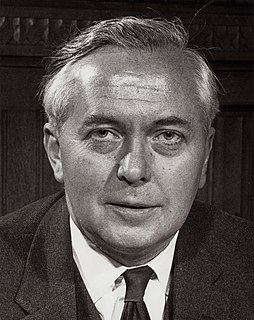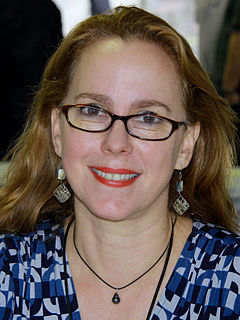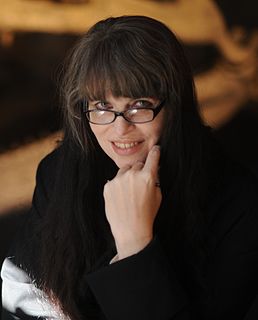A Quote by Carl Sandburg
Whenever a people or an institution forget its hard beginnings, it is beginning to decay.
Quote Topics
Related Quotes
The feeling of commiseration is the beginning of humanity; the feeling of shame and dislike is the beginning of righteousness; the feeling of deference and compliance is the beginning of propriety; and the feeling of right or wrong is the beginning of wisdom.Men have these Four Beginnings just as they have their four limbs. Having these Four Beginnings, but saying that they cannot develop them is to destroy themselves.
There are not many beginnings but there is a single Beginning, prior to multitude. But if you were to say that the beginnings are plural apart from their partaking of the One, that statement would self-destruct. For, surely, these plural beginnings would be both alike, by virtue of their not partaking of the One, and not alike, by virtue of their not partaking of the One.
Anytime you get an idea, you need people to help you put it together. That is the beginning of an institution. When you create an institution, levels of authority and boundaries need to be established. If everybody owns it, nobody owns it. If everybody is responsible for it, nobody will be responsible.
I'm not sure that it's right to view this as excluding a particular group. When the institution of marriage developed historically, people didn't get around and say, 'Let's have this institution, but let's keep out homosexuals.' The institution developed to serve purposes that, by their nature, didn't include homosexual couples.
I must start at the beginning, if I can find it. Beginnings are elusive things. Just when you think you have hold of one, you look back and see another, earlier beginning, and an earlier one before that. Even if you start with "Chapter One: I Am Born, " you still have the problem of antecedents, of cause and effect.
No story has a beginning, and no story has an end. Beginnings and endings may be conceived to serve a purpose, to serve a momentary and transient intent, but they are, in their fundamental nature, arbitrary and exist solely as a convenient construct in the minds of man. Lives are messy, and when we set out to relate them, or parts of them, we cannot ever discern precise and objective moments when any given event began. All beginnings are arbitrary.
Some people promote the idea that there can be two marriages, co-existing side by side, one heterosexual and one homosexual, without any adverse consequences. The hard reality is that, as an institution, marriage like all other institutions can only have one definition without changing the very character of the institution. Hence there can be no coexistence of two marriages.






































